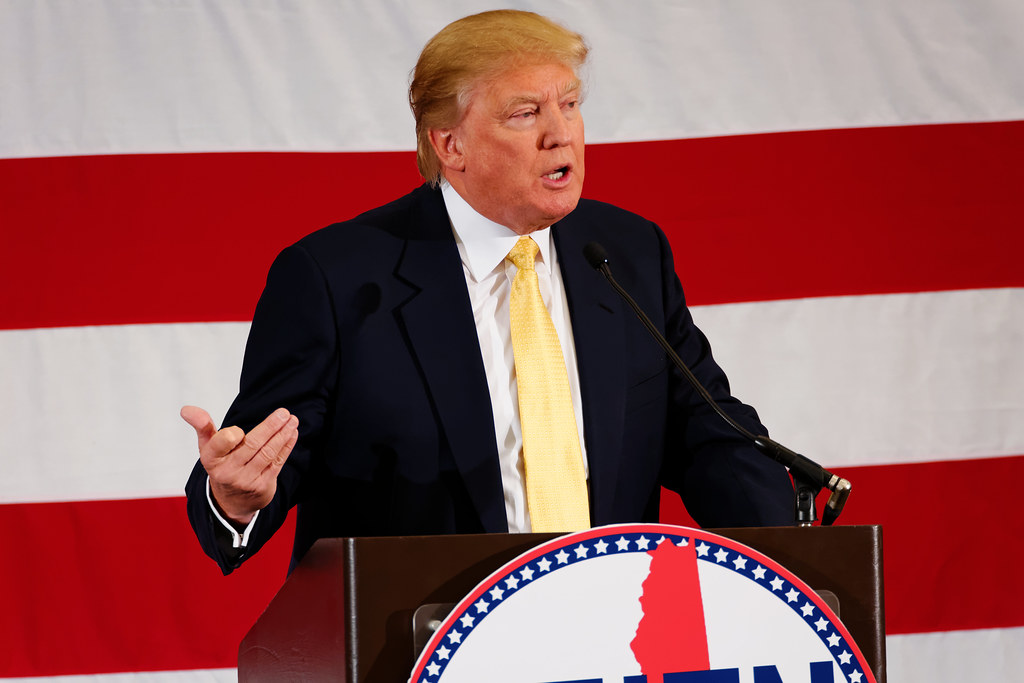Key Takeaways
- Lawyers inside the Defense Department question the legal basis for President Trump’s airstrikes.
- Two civilian boats near Venezuela were bombed without warning, killing people on board.
- The White House insists the vessels belonged to drug cartels threatening U.S. security.
- Critics point out there is little international law precedent for such strikes.
- Even some Republicans and former officials warn this blurs the line between crime and war.
Why Trump’s airstrikes are under fire
President Trump has ordered airstrikes against two ships in international waters. The White House claims these boats were tied to drug cartels. However, lawyers inside the Defense Department say the strikes lack a clear legal basis. They worry that commanders were pushed to approve lethal force too quickly. Meanwhile, some military lawyers say their advice was ignored.
What happened at sea?
First, U.S. jets hit a ship near Venezuela. Then, a second vessel met the same fate days later. Both attacks left crew members dead. According to the administration, these boats carried illegal narcotics bound for America. Yet, no warnings or attempts to board the ships were reported. In fact, standard practice with drug smugglers is to intercept, inspect, and seize. Instead, Trump ordered airstrikes without warning.
Legal issues with airstrikes on civilian boats
Defense lawyers are alarmed by these airstrikes. They argue international law has few precedents for treating a smuggling vessel as a military target. Ordinarily, rules of engagement require warning shots or attempts at capture. Moreover, lawmakers must approve military action abroad in most cases. Unlike counterterrorism campaigns in the Middle East, no specific congressional authorization covers cartel vessels. As a result, some Pentagon lawyers fear sailors and pilots could face personal legal risk.
What Trump and Rubio say
Trump and Secretary of State Marco Rubio insist the strikes were necessary. They call the vessels “floating drug labs” sending tons of narcotics into the United States. According to them, these boats posed an imminent threat to American lives. Therefore, lethal force was justified. Also, they stress that drug cartels often use violence and sophisticated weapons to protect their cargo.
What critics say about these airstrikes
However, voices from both parties have raised objections. Senator Rand Paul asked, “How do we know it was heading to the U.S.? Are we going to bomb every boat?” He called the idea “insane.” Similarly, John Yoo—who once defended harsh interrogation tactics—warned that crime and war are different realms. He said the military cannot treat every national threat as a battlefield target. Furthermore, some defense officials say the lack of warning breaks long-standing engagement rules.
Another Republican lawmaker pointed out that using military force in this way might set a troubling precedent. In addition, career military lawyers spent weeks drafting written opinions. Yet, they feel sidelined by top Pentagon leaders. As a result, they fear future commanders may hesitate before following lawful orders.
The role of international law
Under international law, a ship at sea is generally under the jurisdiction of its flag state. To strike it, a nation needs clear proof of hostile intent or a UN mandate. In the case of terror groups, Congress often approves military force. However, no such law covers operations against cartels at sea. Therefore, legal experts say these airstrikes stretch accepted norms. Without proper authority, the United States risks breaking treaties and sparking diplomatic disputes.
Using the military for domestic politics
These airstrikes come amid Trump’s push to use the military in U.S. cities. He has threatened to deploy troops against cities that resist his immigration policies. Some defense lawyers worry this trend could weaken civilian control of the military. They fear the armed forces may become a political tool. Meanwhile, watchdogs warn that normalizing off-limit targets could damage America’s global standing.
What comes next for use of force
Right now, the Pentagon has not released any new legal memos on these strikes. Some career officers say they plan to quietly appeal to Congress for clear rules. Others hope the White House will set strict guidelines for future actions. In any case, the debate is unlikely to fade soon. If more airstrikes occur, lawyers expect a flood of legal challenges. Ultimately, Congress may need to step in and define when the military can hit cartel boats.
FAQs
Why did President Trump order airstrikes on civilian boats?
The administration claims the vessels belonged to drug cartels trafficking illegal narcotics to the United States. They viewed the ships as imminent threats to national security that required military force.
What legal rules usually govern strikes at sea?
Typically, nations follow rules of engagement that include warnings, attempts at boarding, and clear evidence of hostile intent. Military action without warning against smuggling vessels is rare under international law.
What do critics say about these airstrikes?
Critics argue there is little legal precedent for treating cartel boats as military targets. They warn this blurs the line between crime and war and could spark diplomatic and legal challenges.
Could Congress limit such military actions in the future?
Yes. Many defense lawyers hope Congress will pass legislation that clearly defines when and how the military can strike non-state actors at sea. This could prevent confusion and protect service members from legal risk.
